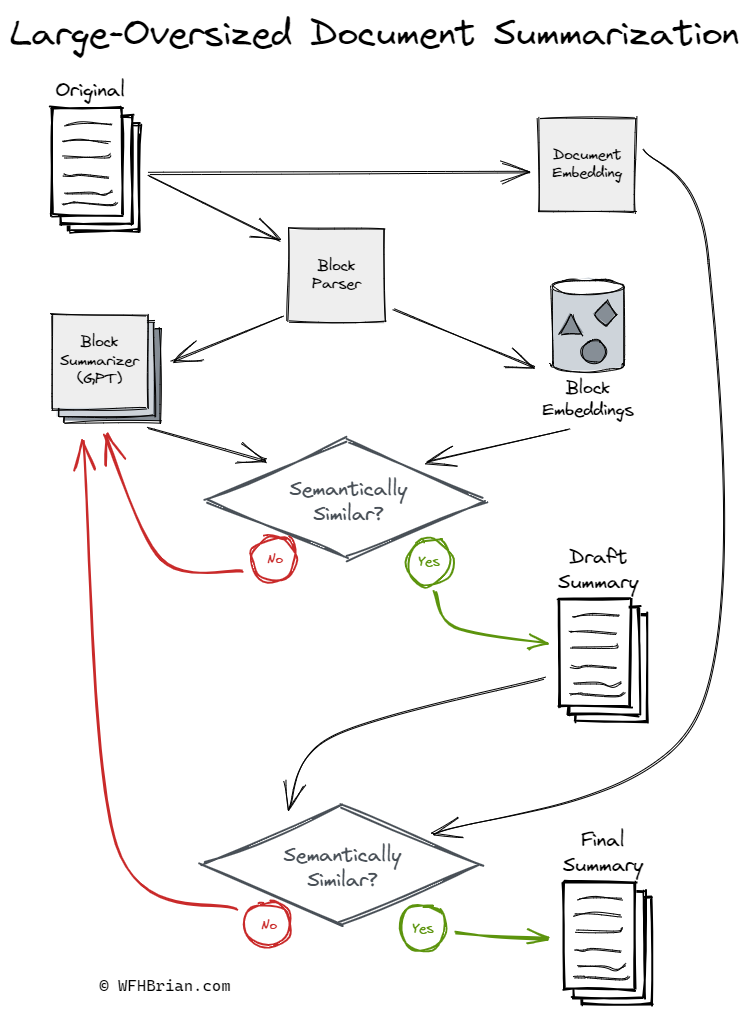This is not my original idea. However, I feel it’s too important to ignore.
There are bills introduced in Congress that have 1,000 to 1,500 pages. Apparently, Congressmen/women rarely read them in their entirety. Often the original bill is a good idea by itself, but “pork” and special interests give-aways are appended and some parts are dropped, all in the name of “negotiation”.
I’m interested in harnessing the immense power and talent of GPT-4 to review, analyze and sumarize bills in Congress so that fat, errors and changes unrelated to the main topic are identified and presented in a quick, brief and understandable way to our elected Representatives. My hope is that they can make better decisions, with more clarity and transparency with this help.
In addition, I’d like to see GPT-4 identify conflicts or revisions to existing laws in the proposed bills.
I have no idea how to do this, but this is my “message in a bottle” in hopes that someone can/will pick this up. I will be happy to help regardless of my lack of talent in this technical arena. Thanks,
George
4 Likes
Great idea! Let me know if you have any developments. I would happy to talk.
https://www.linkedin.com/in/lucas-freire-silva-02681731/
1 Like
Given the large size of these documents, they can be difficult to summarize. Additionally, there is added importance of maintaining accuracy in such critical documents.
I created a diagram to show how both can be achieved with recursive summarizations and semantic similarity:

So, from both responses, it seems that it could be a valid concept yet perhaps too soon in the still-developing ChatGPT-4, both from a technological and financial standpoint. I’m going to continue pursue this question, but I’m going to also await further developments in AI. I think we could all benefit from another set of “eyes” on our legislative processes and content. It’s a very exciting time to be alive, isn’t it?
Thanks for your input.
George
1 Like
I would be very careful with law document summarization.
In some limited cases it might help.
However, here are some of the challenges and pitfalls:
1.You build a prompt that produces an incomplete summary leading to an error that in turn leads to a lawsuit against you.
- Considering item 1, if it’s a Federal law mistake you might up doing time in prison, paying damages and possibly punitive damages.
3.Thus, you need to control the summary to be 100% certain it’s airtight. How can you do that without being a legal expert? How long will it take?
We’re in the early days of this potential.
I recommend extreme caution.
2 Likes
Roger that, my friend. I had envisioned this project to be undertaken by another government entity.
Hello, George. I am Research Director at General Comptroller Office in Brazil.
Are you also civil servant? Want to share ideas about this.
Kind regards,
Lucas
